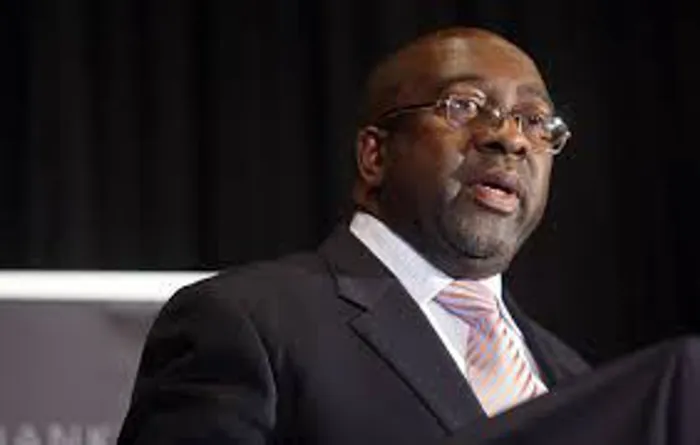Piggy bank raided to pay salary hikes

Finance Minister Nhlanhla Nene Finance Minister Nhlanhla Nene
Louise Flanagan
IT STARTS with predictions of economic gloom, then moves on to promises of improved finances, admits to raiding the country’s piggy bank and warns public servants to earn their pay.
This is the medium-term budget policy statement (MTBPS or mini budget) and adjusted budget tabled in Parliament yesterday by Finance Minister Nhlanhla Nene.
“Without economic growth, revenue will not increase. Without revenue growth, expenditure cannot increase,” he said, explaining that economic growth predictions were now lower than those used in the February budget.
Nene promised a focus on stabilising debt and improving the effectiveness of spending.
Tax revenue was down R7.6 billion on the February planning, with tax payments by companies 13 percent and VAT collections 3 percent below expectation, but payments by individuals were 2 percent up.
The big expense in the adjusted budget involves paying the 10.1 percent public service salary increase.
Nene made ends meet by raiding the piggy bank, or the country’s contingency reserves, which now stand at a round zero, from February’s planned R5 billion for the year.
Regarding public service, he said: ”Without commensurate improvements in the quality of public services, such increases are not sustainable.”
Provinces had already reduced staff by 10 000 this year and cut spending on non-essential goods and services.
“For the period ahead, the improvement in compensation means that there is no room |for expanding government employment,” said Nene.
The perennial problem of constrained electricity supply was raised, but there was no further funding for Eskom.
There was no clear costing yet for nuclear power plants, except for a brief reference to R200m “to support preparatory work for nuclear procurement”.
There were no plans yet for a wealth tax, but there was a promise to tighten up on corporate tax avoidance.
Debt costs were up on February’s projections, from R126.4bn to R127.9bn.
There’s a little more for Sanral – R301m – to compensate for the lower e-toll fees, but motorists are expected to pay the revised e-tolls.
Bumbling state-owned entities should not expect handouts.
“Financing of companies that are responsible for growth-enhancing infrastructure investments is one thing. Relief for entities that should be self-sustaining or that have mismanaged their commercial activities is quite another.”
louise.flanagan@inl.co.za